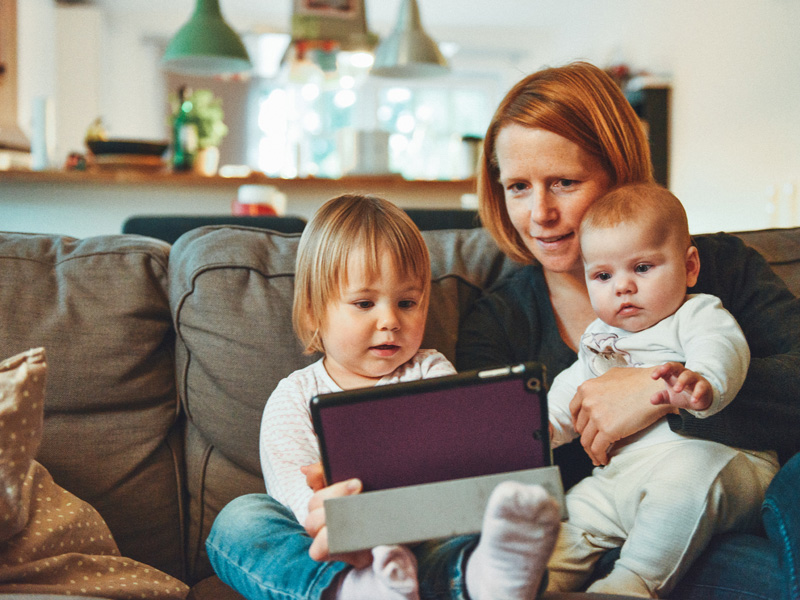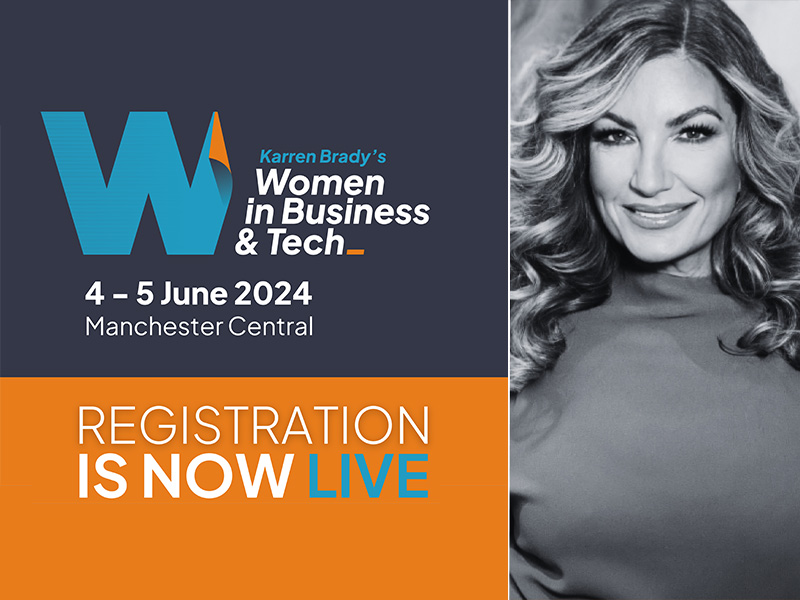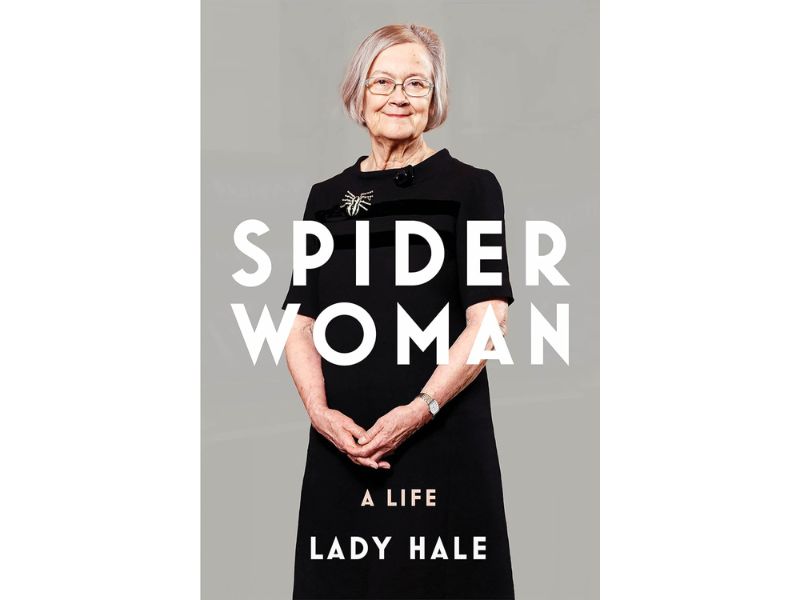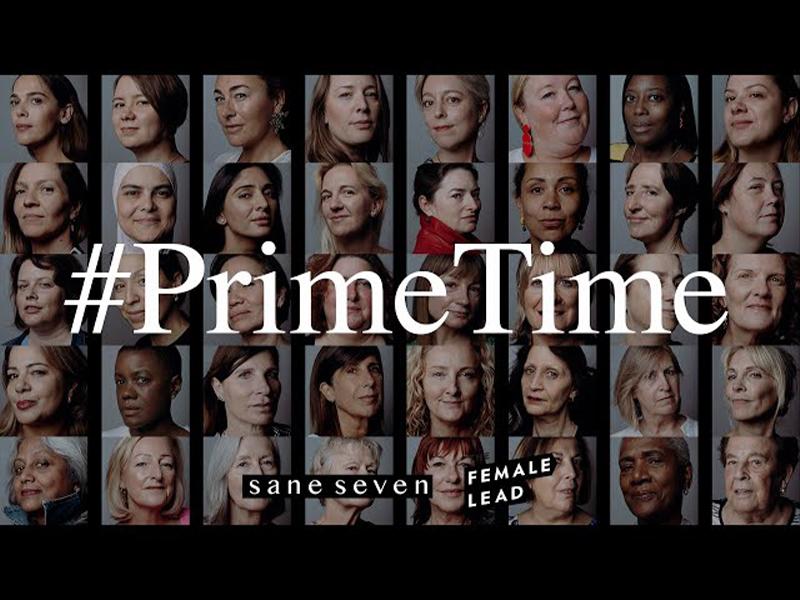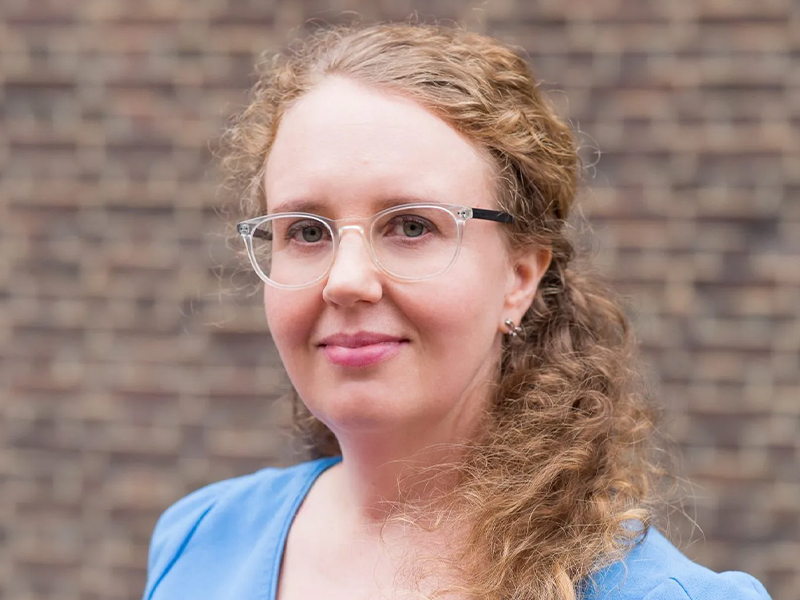We’re almost a quarter of the way through what optimistic social commentators call “the Female Century”.
But have women really got much to show for two decades of demanding equality in our industry?
Despite all the talk of a fairer deal for women – not least mums – the following figures show there’s still a long way to go:
- UK design workforce = 22% women vs. 78% men
- Product design workforce = 5% women vs. 95% men
- Architecture workforce = 17% women vs. 83% men
These aren’t the only troubling trends. Women occupy just 9% of leadership positions in technology companies. This is despite females making up the majority of STEM graduates.
It’s a similar story in design, where 60% of all junior positions are filled by women but just 11% are creative directors.
Perhaps the starkest stat of all is that women’s salaries in the creative industries are, on average, 32% lower than men’s pay packets.
So, it’s only fair to ask: with 80% of consumer decisions driven by women, why don’t the agencies marketing to those women represent a fairer proportion?
It seems there are several reasons for the disconnect between women’s presence in the industry and their absence from positions of power.
One is a reluctance among many women to assert themselves; whether that’s a reticence to say what we really feel, share our ideas – or ask for pay that’s on par with our male colleagues.
In my view, the main obstacle is both a wonderful and woeful excuse for ignoring equality. Women’s biological clocks are a fact of female life. Many of us want a family and, in the grand scheme of things, we’ve only got a small window to do it.
By sheer coincidence it’s at the same life stage that many of us reach a tipping point in our careers, when a senior role is the obvious next step. Taking time out at this critical juncture is often unavoidable but the consequences seem unfair.
Speaking from personal experience, however, this can be a catalyst for change. Not just for the individual but for the whole industry, too.
Designing a more suitable solution
Since becoming a mum – at least, after the initial “What the hell do I do now?!” moment – I’ve become a better businesswoman and a better creative director. I’m less than a year into motherhood, and I can confidently say that I’ve never been as efficient or focussed.
I’m more driven than before I had kids. Time is no longer a luxury, and when stuff needs doing it needs doing fast. The female point of difference can become an advantage, a unique energy; almost a superpower. ’Running like a girl’ has become a good thing!
I’m sure many female readers will have had hardships as a new mum, but for me raising a family while still working hard has been a positive experience. And that personal change of approach has made me reconsider how design businesses treat women at work.
In our industry there remains an expectation to work long hours regardless of personal situation and/or family commitments.
Design studios aren’t set up for the modern world. We’ve a lot to learn from tech companies and start-ups generally about flexible working and supporting women whether they’re mums or not. Only then will the industry attract, keep, and reward talented women who often turn elsewhere.
There’s no one-size-fits-all solution. But there are several strategies we can implement to start to make a difference:
Continue to make the case and make it loud – Having this conversation might already seem hackneyed to some but it’s vital to keep the discussion going and involve men at all turns.
Find our voice and use it – We must encourage women not to be afraid to speak up, or little will change. Women should also experiment with new ways of working. That means having the confidence to occasionally make mistakes, as this is the way people and businesses progress.
Bang the drum for pay parity – Women are forced out of our industry when they’re paid so much less than men. They’ll change careers, go freelance or simply give up the ghost when they have a family (if personal finances allow). Childcare costs are a huge part of this: why bother returning to work when your salary’s swallowed up?
Show we’re not just family starters – Female entrepreneurs and leaders who are also mums should be held up as standard bearers, the champions of campaigns that put aspiration, passion, and experience front and centre. We’re no longer restricted to a choice of home or work. We need to mentor and inspire women, whatever life stage they’re at.
Mums can nurture careers as well as families
There are a growing number of support organisations designed to promote equality at work, including Kerning the Gap, which I tap into myself for mentorship from female design leaders. This and other groups offer practical solutions not just for mums but all women, pushing agencies to ensure flexible working models are in place and female rights aren’t relegated.
As an agency, we are a majority female business (67%) with a 50/50 leadership team split. Contracts for our working mums support their needs, and we all pick up the slack with flexible working when someone needs it.
Being a majority female run studio means that discussions about women in design happen often. I’m proud that something which originally came from quite a lonely place personally has created a wealth of support from both male and female colleagues for women in our business.
Being a mum as well as a business leader is the biggest career challenge I’ve faced, and for me it’s brought the issues women face at work into sharp focus. Design agencies – and firms of all sectors, shapes, and sizes – should rise to the challenge, too. Gender should be no reason to settle for less.
About the author
Kelly founded White Bear seven years ago after working on global Cornetto rebrand at Carter Wong and throughout her career has worked with clients from Unilever, to Kerry Group, Kopparberg. White Bear was founded based on her passion to use her big brand experience and entrepreneurial background to work with disruptive challenger brands.
Through her celebrated work doing branding for purpose driven companies she has won awards such as DBA, Mobius, German Design Award, IDI, and most recently (this year) Transform Awards, Creative Pool Awards, and a Red Dot.

